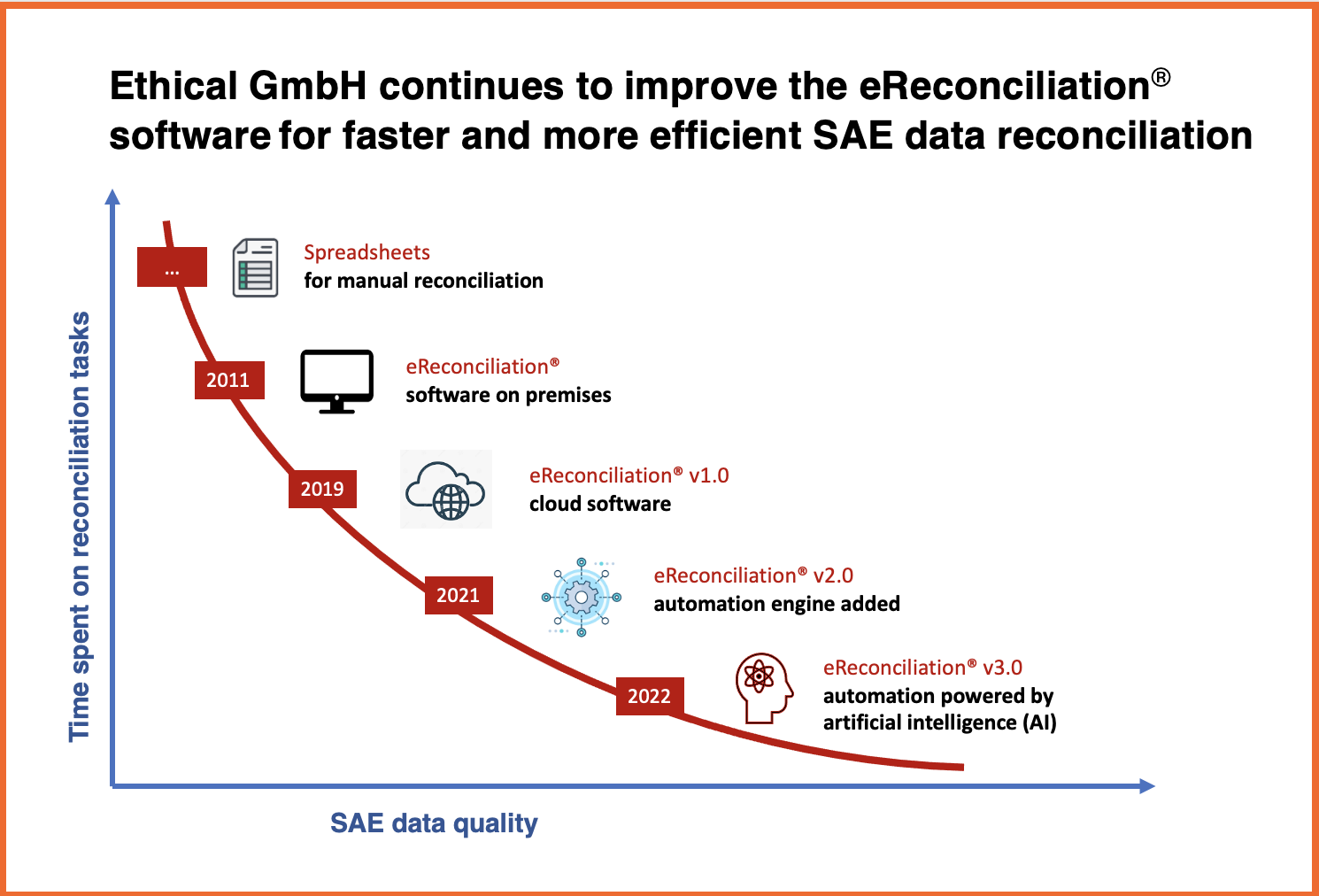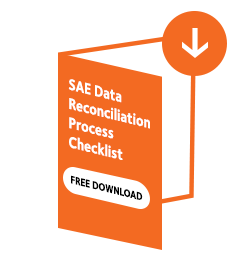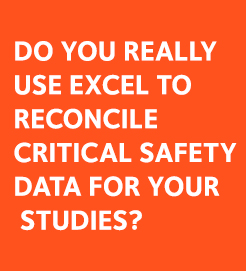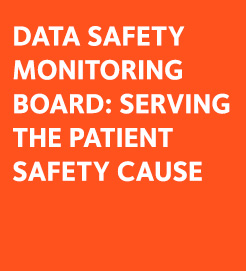Great news for clinical teams: the reconciliation of even unclear SAEs can now be deputized to computers. By adding artificial intelligence (AI) to its eReconciliation® automation engine, Ethical helps to improve the automated matching accuracy and reduces even further time spent reviewing unmatched SAEs. From manual review to machine learning, a quick look into the reconciliation revolution.
The English language gives the possibility to describe the same thing in many different ways and even the highly regulated coding dictionaries such as MedDRA and SNOMED are very flexible and allow multiple terms when it comes to describing adverse events, medical history or concomitant medication. Which of these terms are equivalent? Which can be considered sufficiently similar to ignore the discrepancy and which not? And how about numbers? Is a one decimal difference significant or not? Finally, is the combination of multiple “insignificant” differences significant after all? All questions that until recently only the human mind could resolve after significant training and knowledge accumulation.With its software eReconciliation®, Ethical has been working to support clinical team in the complex activity of resolving discrepancies between two databases – still done on Excel sheets not so long ago! In only a few years, the software has been upgraded with automation and artificial intelligence.
Automation for simple comparisons
eReconciliation® v1.0 was released in 2019 as a cloud system to support the manual review of SAE data but the first use, on premises, dates to 2011. Ethical automated the process for simple comparisons in 2021. Identical information is easily recognized by the software which can quickly reconcile the vast majority of SAE cases. Even when new information arrives or corrections are made to the source data, automation is able to scan for changes and repeat comparisons at great speed.Applying artificial intelligence to safety data management
But the basic level of automation is not always sufficient to deal with similar yet not identical data as there often remains a need for manual processing. This is where artificial intelligence comes into play. Why not take advantage of this manual processing step to teach the software for next time? This is the question we asked ourselves at Ethical. As data sciences and data analytics are on the verge of revolutionizing whole sectors of many industries, we believed that safety data management was one of these sectors.

Machine learning for improved accuracy
AI proceeds in a way similar to human learning. The process called “supervised learning” uses known examples to “tell” the algorithm what is what, then tests the capacity of the AI to correctly identify new cases. The process is repeated over and over, shuffling groups of data until the desired level of accuracy is reached. Gradually, the programming enriched with experience will become a real “expert” in the matter.Ethical GmbH is an innovative computer science company dedicated to pharmaceutical development. After releasing the first version of eReconciliation®, we concentrated our programming efforts on automation, in the classical way, and are proud to have helped study teams around the world reduce the burden and strengthen the quality of safety data. Now we turn to artificial intelligence (AI) to move to the next level: deal with those cases that still required human intervention.
DOWNLOAD NOW THE FREE SAE RECONCILIATION HANDBOOK
The Manual / Reference Book with all the topics related to the Safety Data Reconciliation Management.







